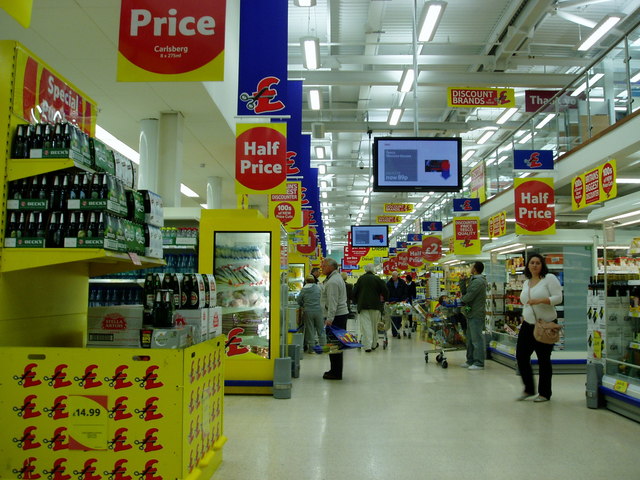
British retail sales saw an unexpected rise in September, according to official data released on Friday, defying concerns that consumers might cut back on spending due to looming tax increases
expected in the new government's upcoming budget later this month.
Sales volumes increased by 0.3% in September, outperforming economists' predictions of a 0.3% decline. With strong gains in July and August, overall sales rose by 1.9% in the third quarter—marking the joint largest quarterly increase since mid-2021.
Telecoms and computer sales led the surge in non-food items, with the sector experiencing a nearly 35% jump in September, according to the Office for National Statistics (ONS). This came after Apple’s launch of its AI-focused iPhone 16, along with a new Apple Watch and AirPods.
"September’s rise suggests that while households may be concerned about potential tax hikes in the budget on October 30, these fears have not yet impacted their spending decisions," said Alex Curr, a UK economist at Capital Economics.
Following the release of the data, the British pound rose by a third of a cent against the US dollar.
Finance Minister Rachel Reeves is set to present her first tax and spending plan at the end of October. The new Labour government's warnings about possible tax increases and a tough economic outlook have already caused consumer confidence to fall to its lowest level in six months in September.
Consumers Remain Cautious Amid Economic Pressures
Despite the rise in retail sales, British households are still grappling with higher living costs, which have been exacerbated by a surge in energy prices following Russia's invasion of Ukraine in February 2022.
However, the pressure on household finances has eased slightly, with inflation dropping below 2% from its peak of 11.1% in October 2022. For several months, wages have been growing faster than prices.
Recent data also indicated a slowdown in wage growth, fueling expectations that the Bank of England may cut interest rates at its meeting on November 7, and possibly again in December.
The ONS noted that weaker sales in supermarkets—affected by bad weather and consumers cutting back on non-essential food purchases—partially offset the strong performance in tech sales.
"While there has been some recovery in consumer sentiment since the post-election bounce, this improvement remains fragile and uneven," said Lisa Hooker, PwC’s leader of consumer markets.
Recent reports from UK retailers have indicated solid food sales. Tesco, the UK’s largest grocer, raised its annual profit forecast and predicted a strong Christmas season. However, consumers are still hesitant to spend on discretionary and high-ticket items.
The CEO of Sainsbury's, another major supermarket chain that generates a quarter of its sales from non-food items, told Reuters that shoppers remain cautious about making large purchases ahead of the government's budget announcement on October 30.
According to the ONS, retail sales volumes in the year leading up to September 2024 rose by 3.9%, the largest annual increase since February 2022. Photo by J Taylor / Tesco Supermarket, Osterley, London. / CC BY-SA 2.0, Wikimedia commons.




































